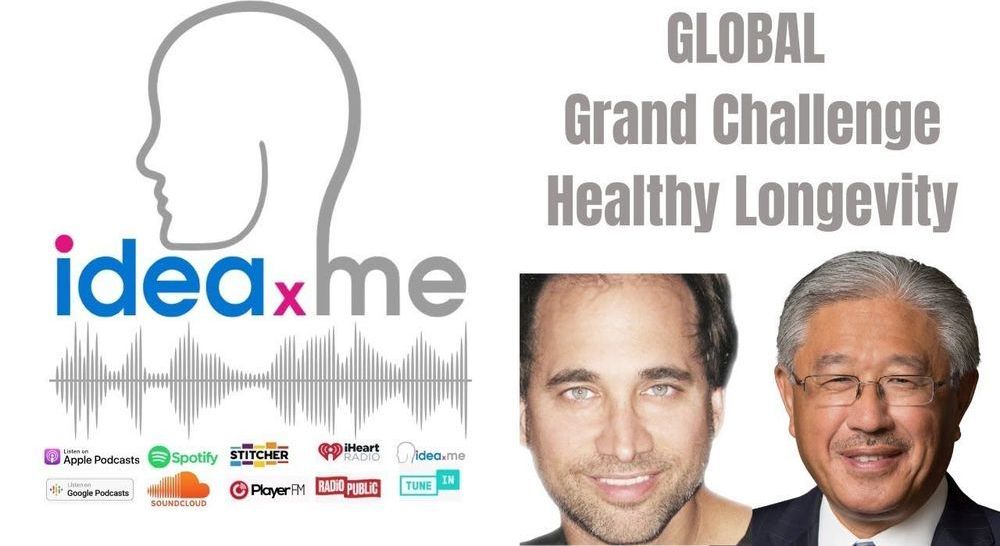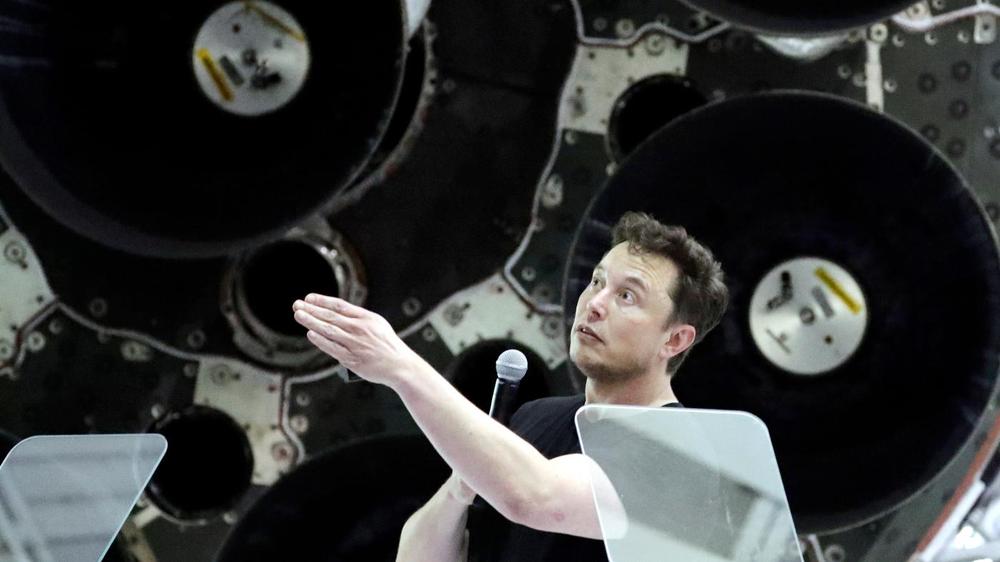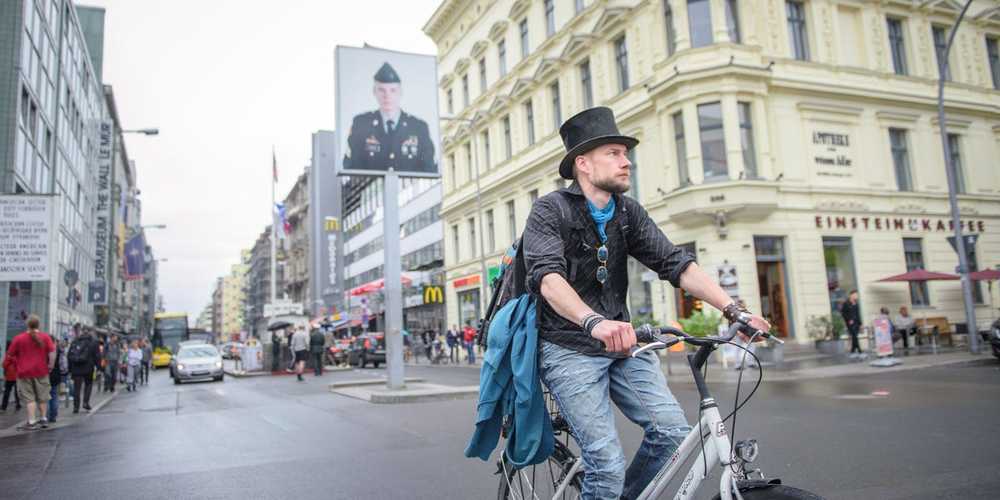
A multibillion-dollar high-speed atom smasher — an electron-ion collider that is capable of dissecting the mysterious subatomic material that forms the basis of everything in the universe — will be built at Brookhaven National Laboratory in Upton, federal authorities announced Thursday.
The collider will be the first of its kind in the United States. Gov. Andrew M. Cuomo said it would create about 4,000 construction jobs, retain 1,000 existing jobs at the lab and generate billions of dollars in economic activity for Long Island.
Officials with the U.S. Department of Energy said construction of the federally funded collider — which would be 2.4 miles in circumference, or 60% larger than the 1.5-mile Belmont Park horse race track, and one story underground — would cost $1.6 billion to $2.6 billion and take about a decade.
















